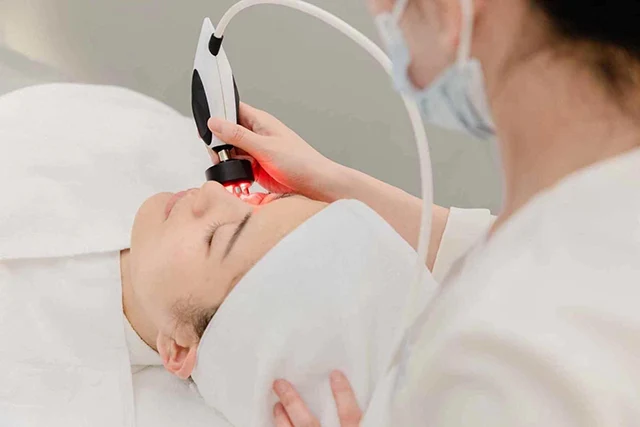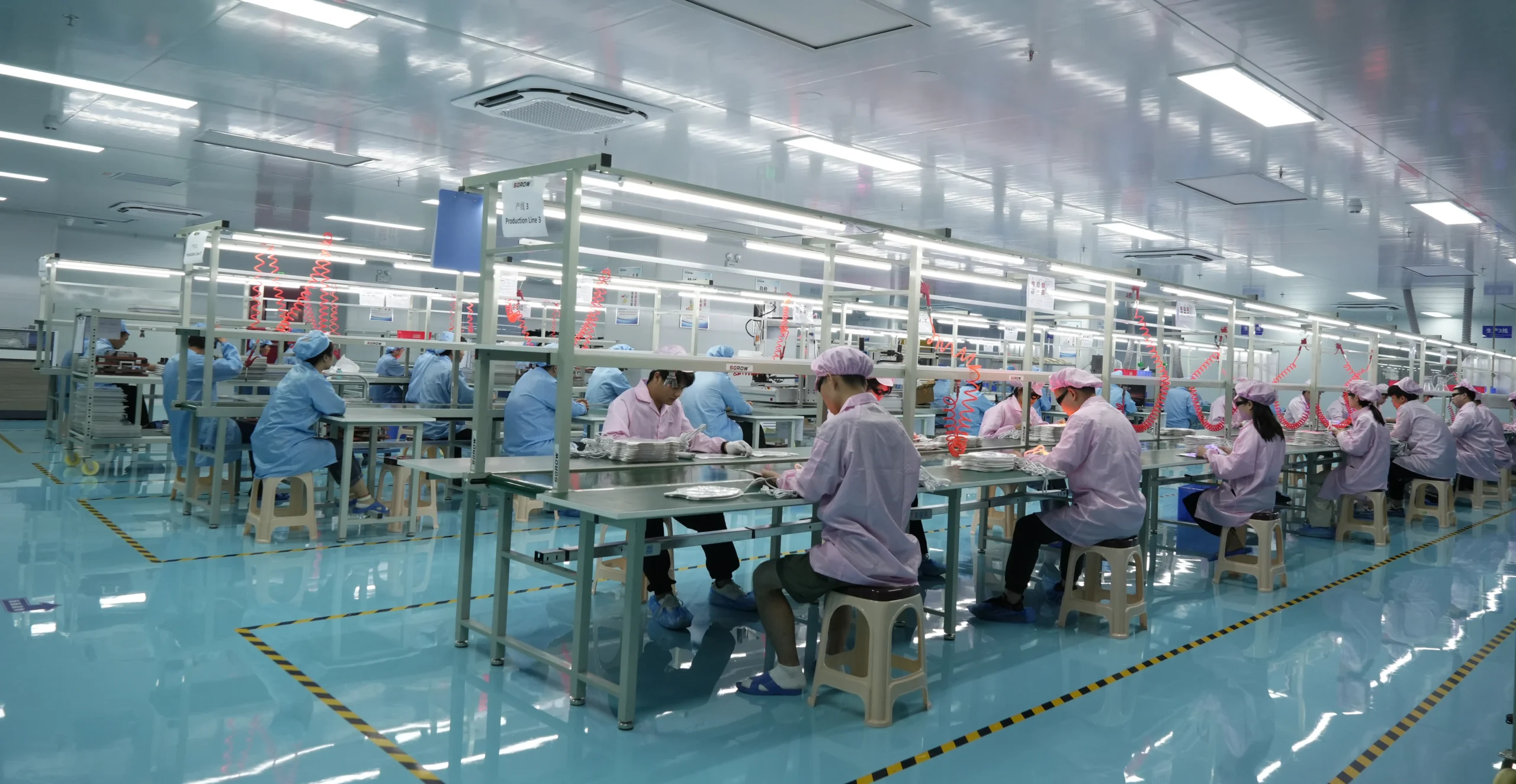LED Light Therapy vs. Laser Therapy: What’s the Real Difference?
Light-based treatments have become a cornerstone of modern skincare and non-invasive medical procedures. Among them, LED light therapy and laser therapy are often mentioned side by side. They both harness the power of light, but in practice, they are very different in how they work, what they target, and the results they deliver.
Different Ways They Work
LED therapy uses light-emitting diodes to shine specific wavelengths of light onto the skin. The light is broad and gentle, spreading across the surface rather than concentrating on a single spot. This mild stimulation encourages cells to repair themselves, promotes collagen production, and can even reduce acne-causing bacteria.
Laser therapy, in contrast, produces a beam that is highly focused and powerful. Because of its intensity and precision, the light penetrates deeper layers of the skin. That’s why lasers are commonly used for issues like pigmentation removal, scar treatment, and even surgical procedures where accuracy is critical.

Power and Penetration
The difference in strength is one of the clearest ways to distinguish the two.
LED devices give off low-level light that mainly works on the surface and mid-layers of the skin. They are safe to use frequently and are unlikely to cause burns or irritation.
Lasers, on the other hand, deliver high-density energy that reaches much deeper. This means faster and more visible results, but also a greater chance of redness, swelling, or discomfort afterward.
What They’re Best For
LED light therapy has carved out a role in everyday skincare. Red light helps calm inflammation and boost elasticity, while blue light can be effective for acne management. It’s also often used after clinical treatments to support healing and reduce sensitivity.
Laser therapy is the tool of choice for tackling deeper or more stubborn concerns. It’s widely used to fade age spots, freckles, and melasma, to soften wrinkles and scars, and even in medical treatments like hair removal or eye surgery.
Safety and Side Effects
When it comes to safety, LED light therapy is about as low-risk as it gets. Many consumer devices are designed for at-home use, making it accessible and easy to incorporate into a regular skincare routine.
Laser treatments, however, require trained professionals. They can deliver dramatic improvements, but they also carry a higher chance of side effects if not handled properly. Aftercare, especially strict sun protection, is key to maintaining results and avoiding complications.
Choosing What’s Right for You
The choice often comes down to your goals:
If you’re looking for a gentle, long-term way to maintain healthy skin, LED therapy is the safer and more convenient option.
If you need faster, more targeted results for deeper concerns, laser therapy may be the better route—provided it’s done under professional care.
Final Thoughts
LED and laser treatments might both fall under the category of “light therapy,” but they serve different purposes. LED therapy is all about consistency, safety, and everyday skin health. Laser therapy, on the other hand, is a more powerful clinical tool, capable of dramatic change but with higher demands for professional oversight.
The best results often come from knowing when to use each. For many people, LED is perfect for daily care, while laser sessions are reserved for addressing more serious skin issues.




